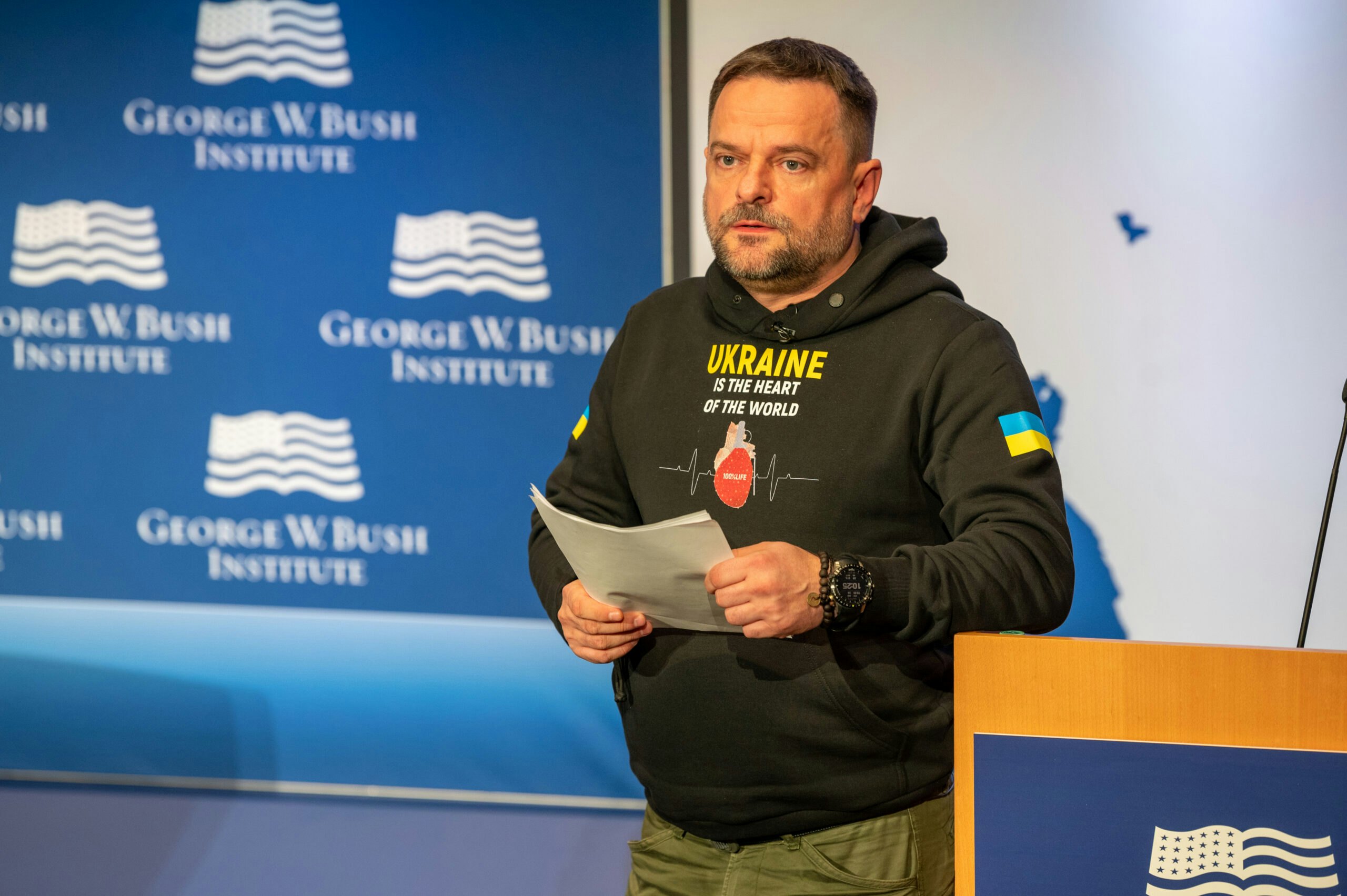Around the world, October is designated as Breast Cancer Awareness Month. Pink ribbons are ubiquitous. In the United States, even American football...
Around the world, October is designated as Breast Cancer Awareness Month. Pink ribbons are ubiquitous. In the United States, even American football players can be seen showing their support—right down to using pink tape to secure their shoes.
Along with raising awareness for the disease, the month is a celebration of survivors, those who have gone through treatment and come out on the other side with renewed hope and a bright future. Consider though, if there were no survivors, or just a few. Where would that hope come from?
That is the case in many countries in sub-Saharan Africa, where some women have never met a breast cancer survivor. More than 47,000 women in sub-Saharan Africa die of breast cancer annually, mostly as a result of late diagnosis and inadequate treatment. Compared with breast cancer patients in developed countries, those in Africa tend to be younger, and are just starting families or careers.
In Tanzania, Pink Ribbon Red Ribbon partners are proving that breast cancer is survivable. Earlier this year, the Medical Women Association of Tanzania (MEWATA), the Wanawake Na Maendeleo (WAMA) Foundation, T-MARC Tanzania, the Tanzania Youth Alliance (TAYOA), and the national Ministry of Health and Social Welfare all joined under the patronage of Her Excellency First Lady Salma Kikwete to sponsor a mass screening of women in the Mwanza Region in northwestern Tanzania.
Over the course of two days, nurses screened over 5,000 women for breast cancer. Twenty women with suspected breast cancer received referrals to regional hospitals for further diagnosis and treatment.
The success of the campaign is remarkable considering the barriers to screening that exist in developing countries. Stigma, low awareness, and the lack of treatment options and financial resources are just a few reasons that contribute to the early deaths of too many women from the disease.
The Pink Ribbon Red Ribbon campaign in Mwanza highlighted a number of important lessons:
- Word-of-mouth is critical to bring women out, as are the voices of the First Lady and other prominent female leaders.
- A referral facility is paramount. Screening women without having a place for them to receive treatment can cause more harm than good.
- Women need to hear the personal testimonials of survivors, so they know breast cancer is survivable if detected and treated early and fully.
Women today, even in developing countries, have a multitude of roles. Once they are known as survivors, they can return to the very important roles of mother, sister, wife and friend. Pink Ribbon Red Ribbon is working in Tanzania and Zambia to make this possible.



























